Monographs
Univ.-Prof. DDr. Kurt Appel
All Monographs (GERMAN/ENGLISH/ITALIAN) - All Monographs (GERMAN/ENGLISH/ITALIAN) - Tutte le Monografie (TEDESCO/INGLESE/ITALIANO)
2021
When the sky tears apart. The Koran as gospel for Christians
Kurt Apple
EDB: Bologna 2021 (peer reviewed)
ISBN: 9788-88-10-55993-2
This theological manifesto raises the question of what it means that after Christianity, a religion – Islam – asserts itself with the claim of revelation that refers to Jesus and Christianity. Is there a revelation from God in the Quran and can Christians recognize a Gospel in it? What does it mean when Christians and Muslims speak together in the name of God, as in the case of Pope Francis and the Grand Sheikh of Al-Azhar Al Tayyeb Mosque? This book also raises two questions: whether Christians and Muslims should consider their faiths in light of each other, and what it would mean for an interpretation of Christian revelation to consider the Qur'an as a revelation intended by God.
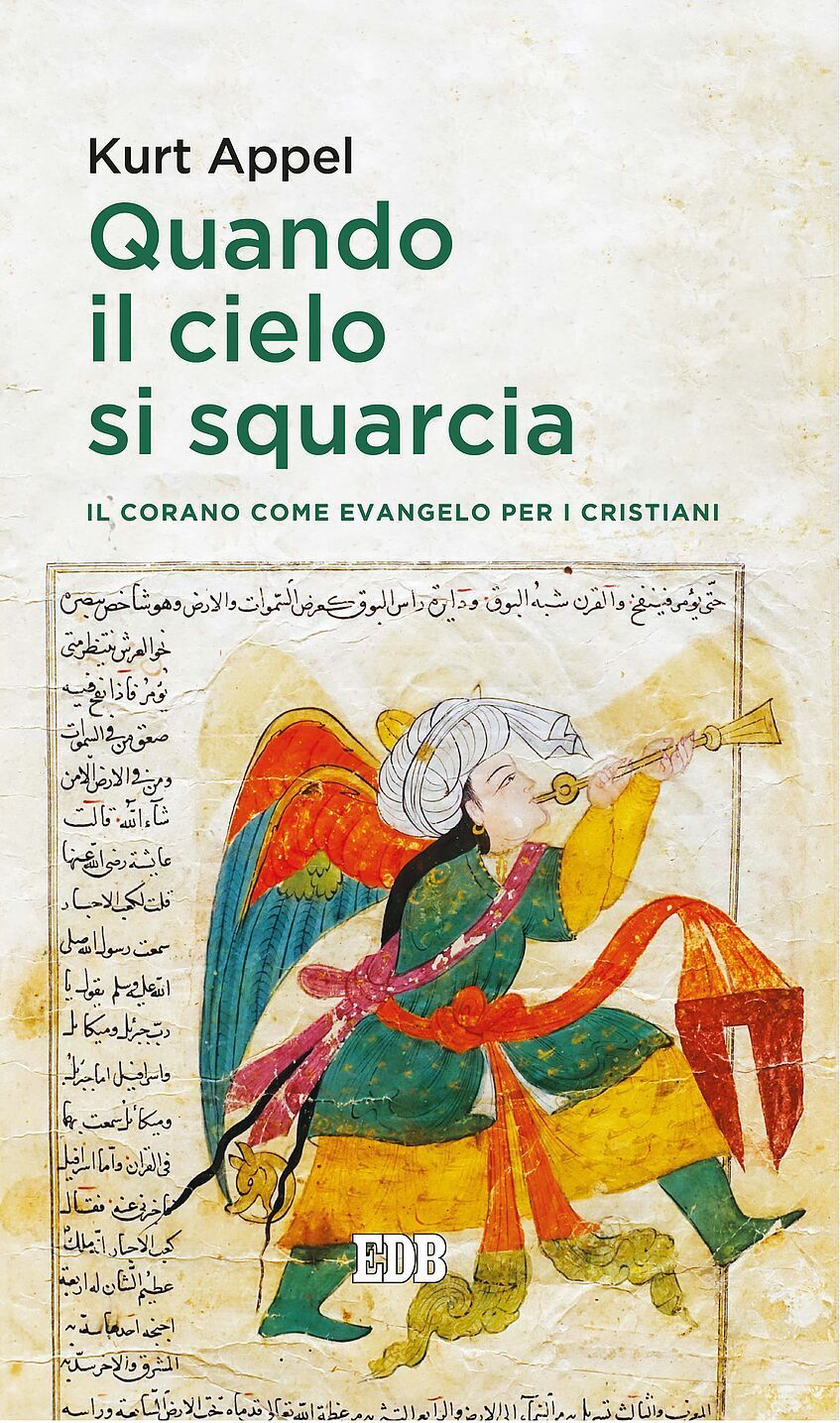

Trinity and openness of God
Kurt Apple
Translated by Marco Casadei (Beyond the saying 89), Pazzini Publisher: Rimini 2021
ISBN: 9788-8-6257-3726
Versione tedesca (German version): Trinity and openness of God 2016 (peer reviewed)
This volume attempts to think "God" from the phenomenon of the open. Biblical texts and philosophical reflections (Kant, Hegel, Merleau Ponty, Agamben, Bahr and others) are used to address the openness of time, space, the vulnerable, the guest, the name, the body and the text. As an epilogue, the Christian idea of the Trinity is interpreted as the openness of God.
2018
Neognosticism
Kurt Appel (in cooperation with Isabella Guanzini)
San Paolo: Brescia 2018
ISBN: 9788-8-9221-7836
The category of "new gnosis" constantly returns, as a critical target, in the teachings of Pope Francis. Neognosticism, often associated with another widespread trend today, neo-Pelagianism, is in fact considered by the Pope as a dangerous drift in the life of faith of contemporary man, characterized by a cold and hard logic that wants to dominate everything and by a disembodied spirituality , in which we try to tame the mystery of God and his grace.
The analysis of this category, and its inevitable anthropological and pastoral implications, can contribute decisively to the understanding of Pope Francis' theological vision. As this volume well demonstrates, the Pope responds to the challenge of the possible return of this ancient heresy with the heartfelt invitation to the Church to be deeply incarnated in her own time, to become the promoter of a "revolution of tenderness", not to be seduced by "logical and clear reasoning", to have the Gospel of Jesus Christ as its "doctrine".
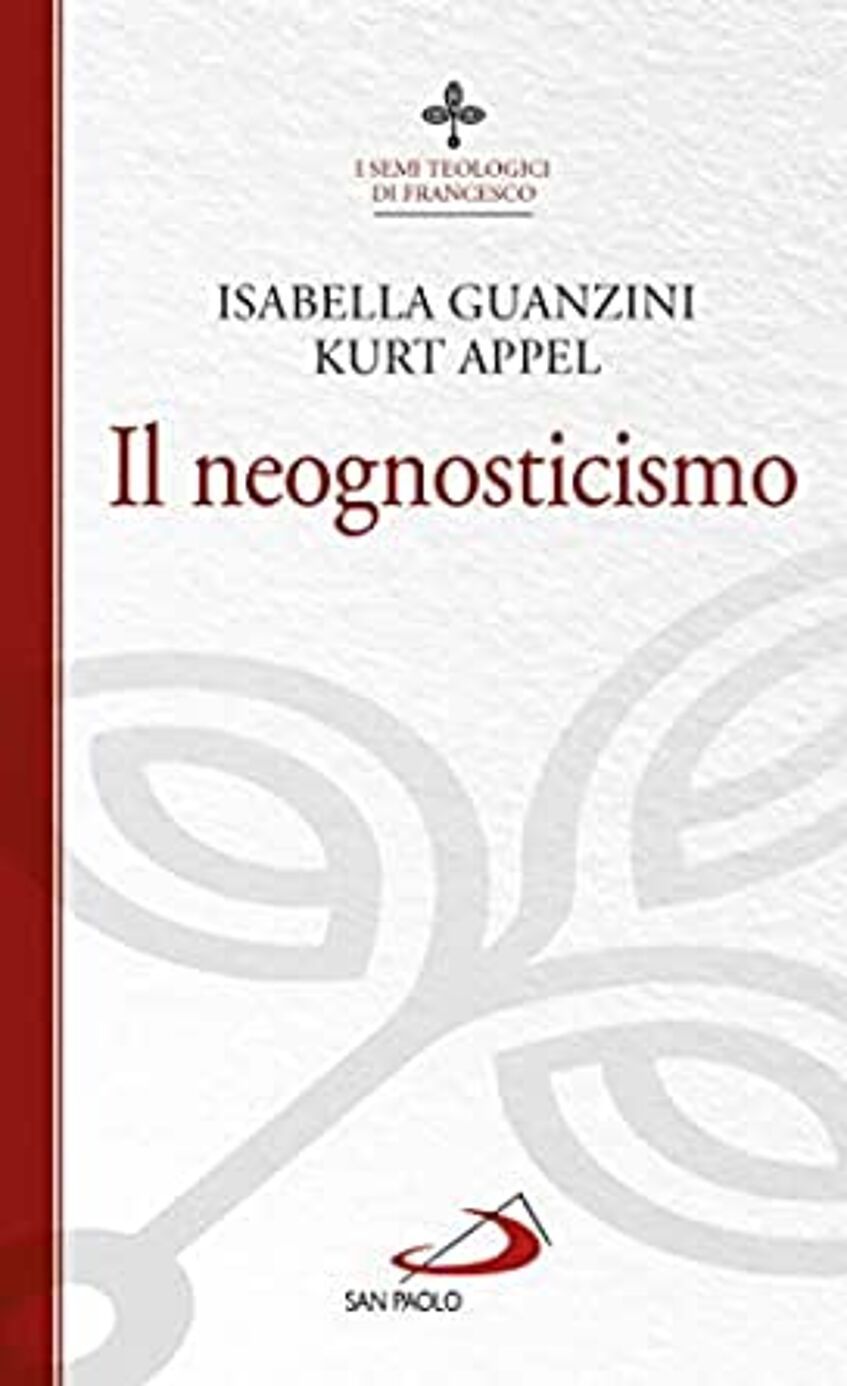
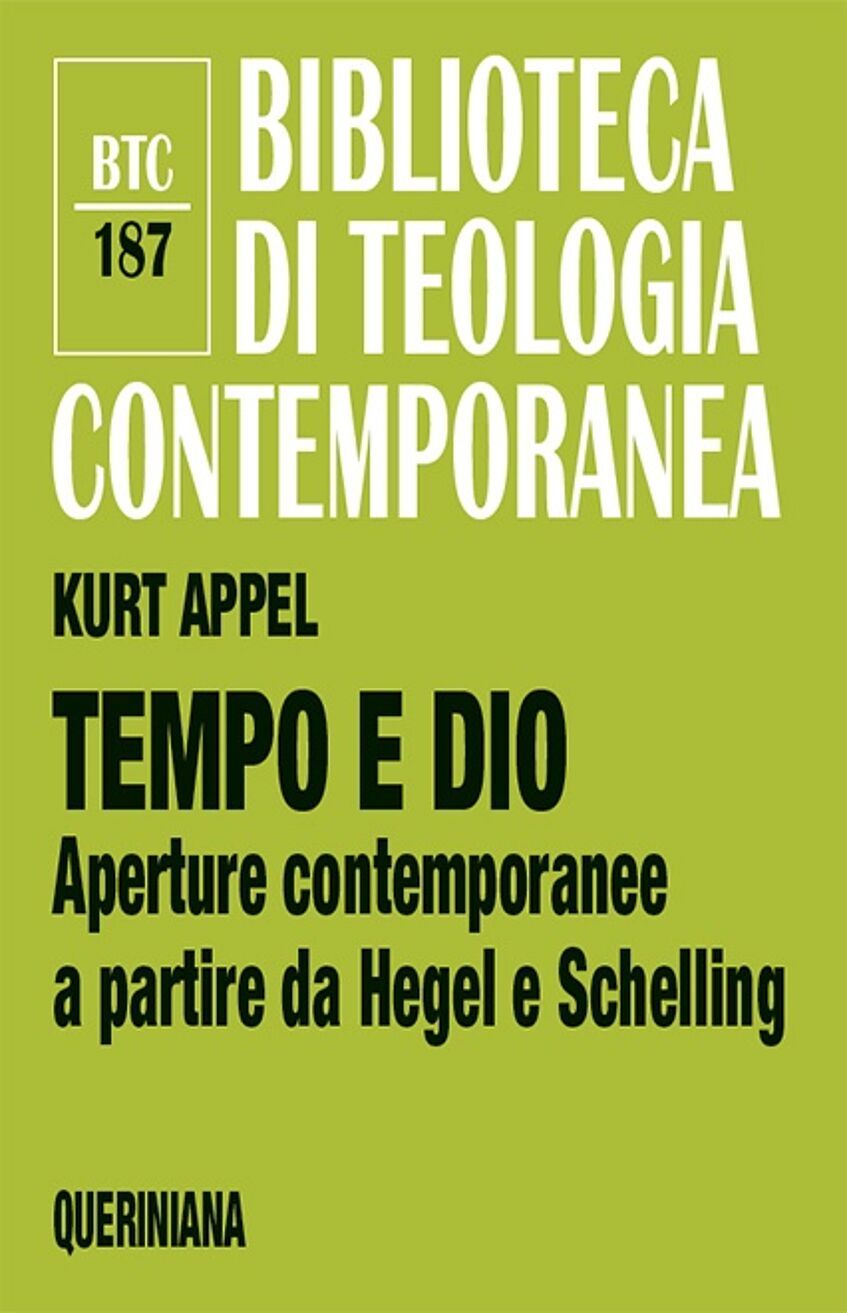
Time and God. Contemporary openings starting from Hegel and Schelling (BTC 187)
Kurt Apple
Queriniana: Brescia 2018 (peer reviewed)
ISBN: 9788-8-3990-4874
[Booktrailer]
[ABSTRACT English]
The following book presents a theological theory of Time arising from Hegel and Schelling. A philosophical appraisal of Time is integral to the notion of God, and a key into understanding Hegel's speculative dialectic and Schelling's late eschatological philosophy. The book claims that neither currently prevailing chronological Time conceptions, nor classical theological representations of Time as preliminary to the eternal, fully suffice.
The first chapter reflects upon the biblical figures of the seventh and eighth day and how these relate to a notion of non-chronological, eschatological and subject-centered Time. The ensuing chapters explore Leibniz, Kant and Heidegger’s conceptions of Time, demonstrating how Time is not to be understood as mere chronological order, existing independently of the subject. Similarly, Being should not be conceived of mechanistically, but ought to be understood as subject-centered. Chapter five highlights how Schelling, in developing his late Positive Philosophy, envisions a transition from history into eschaton, which necessitates a re-narration of the subject’s past.
Thus, Schelling’s concept of Time is essentially utopian in character. Similarly, Hegel’s idea of annulment of Time, which concludes his Phenomenology of Spirit, suggests that Time is no longer historiographically or physically representable, but reveals itself as the possibility of re-textualizing the past. Hegel’s speculative proposition, the core of his philosophy, does not only suggests a temporalization of being, but essentially indicates an openness and otherness which cannot be directly represented. The last chapter of the book assesses how this alterity can be connected to the biblical name of God, JHWH, whose promise is testified and performed in the biblical text and its ruptures and re-textualizations.
2015
Appreciate death. Christianity and new humanism (knowledge 5)
Kurt Apple
EDB: Bologna 2015 (peer reviewed)
ISBN: 9788-8-1020-8106
[ABSTRACT English]
The English version will be published 2020 as special issue of the Journal for Cultural and Religious Theory
This volume pursues the question of Christianity's contribution to a new humanism. It tries to introduce a view of the mortality, fragility and vulnerability of life as starting points of its transcendence. Time, language, modern symbolic order and prayer will be analyzed as they enter into a dialogue with the Bible, Hegel and Musil.
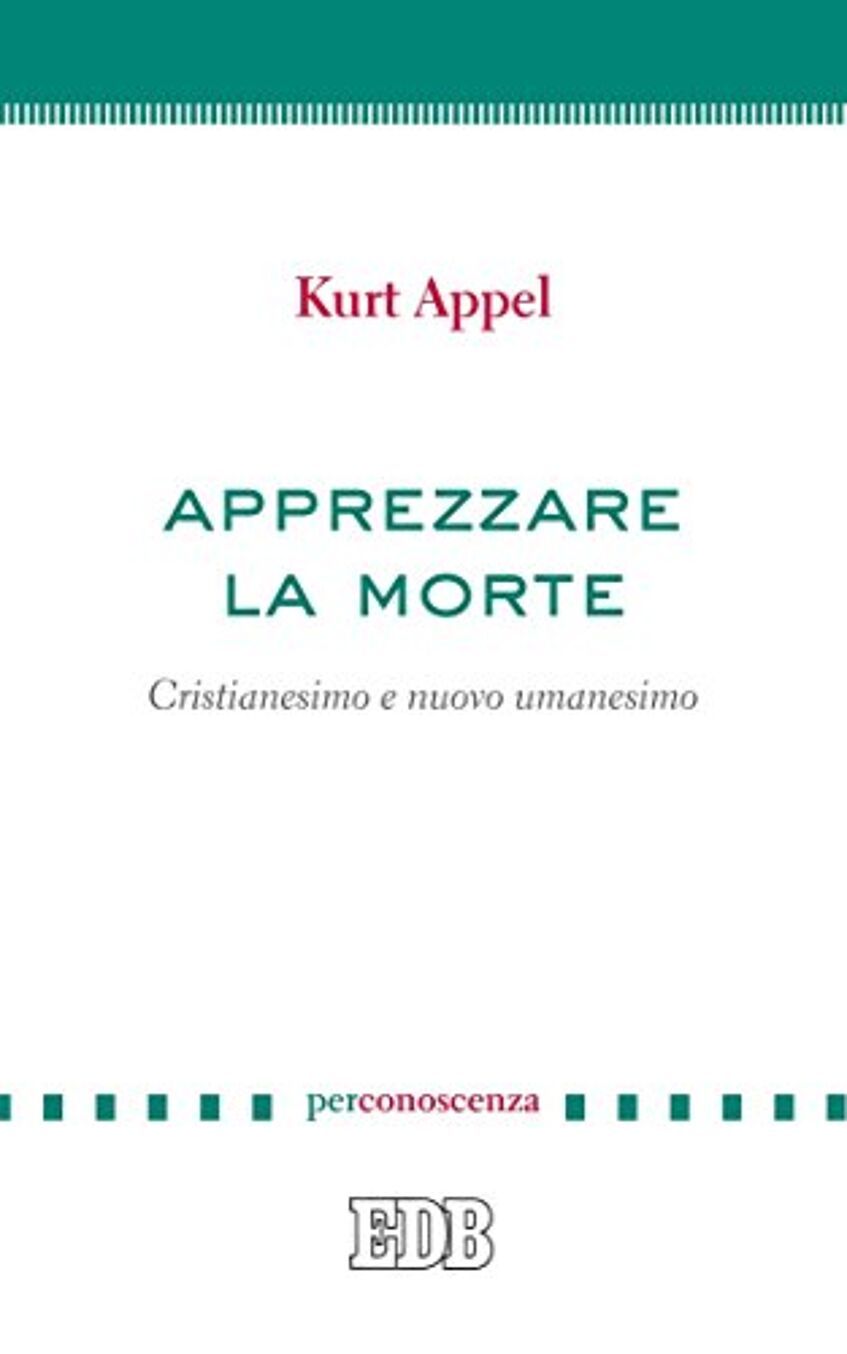
2008
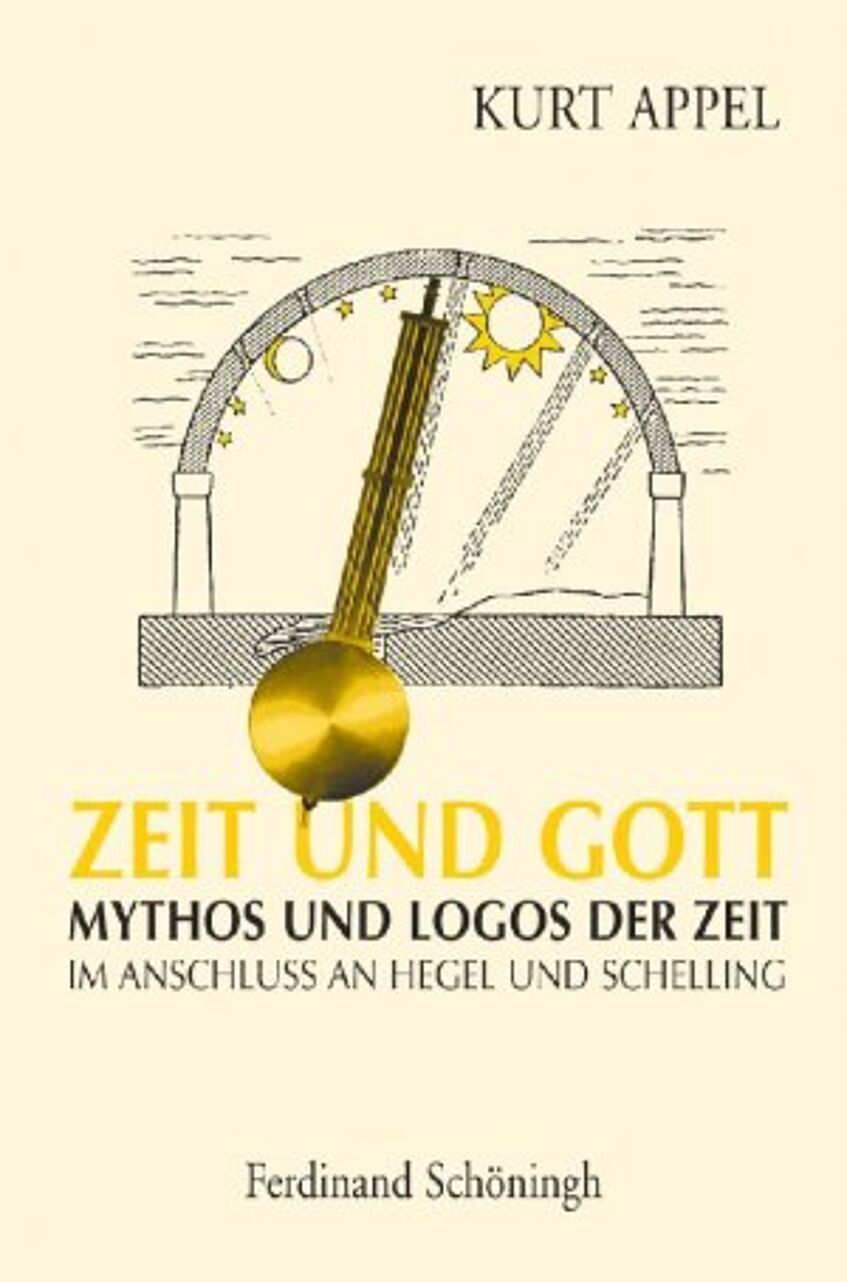
Time and God. Myth and logos of time following Hegel and Schelling
Kurt Apple
(Vienna: Univ., Habil. 2005 revised)
Ferdinand Schöningh: Paderborn 2008
ISBN: 9783-5-0676-4386
[ABSTRACT English]
The following book presents a theological theory of Time arising from Hegel and Schelling. A philosophical appraisal of Time is integral to the notion of God, and a key into understanding Hegel's speculative dialectic and Schelling's late eschatological philosophy. The book claims that neither currently prevailing chronological Time conceptions, nor classical theological representations of Time as preliminary to the eternal, fully suffice.
The first chapter reflects upon the biblical figures of the seventh and eighth day and how these relate to a notion of non-chronological, eschatological and subject-centered Time. The ensuing chapters explore Leibniz, Kant and Heidegger’s conceptions of Time, demonstrating how Time is not to be understood as mere chronological order, existing independently of the subject. Similarly, Being should not be conceived of mechanistically, but ought to be understood as subject-centered. Chapter five highlights how Schelling, in developing his late Positive Philosophy, envisions a transition from history into eschaton, which necessitates a re-narration of the subject’s past. Thus, Schelling’s concept of Time is essentially utopian in character. Similarly, Hegel’s idea of annulment of Time, which concludes his Phenomenology of Spirit, suggests that Time is no longer historiographically or physically representable, but reveals itself as the possibility of re-textualizing the past. Hegel’s speculative proposition, the core of his philosophy, does not only suggests a temporalization of being, but essentially indicates an openness and otherness which cannot be directly represented. The last chapter of the book assesses how this alterity can be connected to the biblical name of God, JHWH, whose promise is testified and performed in the biblical text and its ruptures and re-textualizations.
2003
Correspondence in contradiction. An examination of the concept of revelation in the political theology of the young Hegel
Kurt Apple
(Vienna: Univ., Diss. 2002 revised)
LIT: Münster [ua] 2003
ISBN: 3-8258-6605-x
[LINK TO BOOK]
The aim of this work is to work out the revelation of God in world reality and its breaks. The starting point is Hegel's youth writings, whose social and epistemological potential is to be uncovered and made fruitful for the topic of revelation. A "positive" thinking about power is criticized, which contradicts the recognition of others in a free society, in the shaping of which the subject not only formally participates.
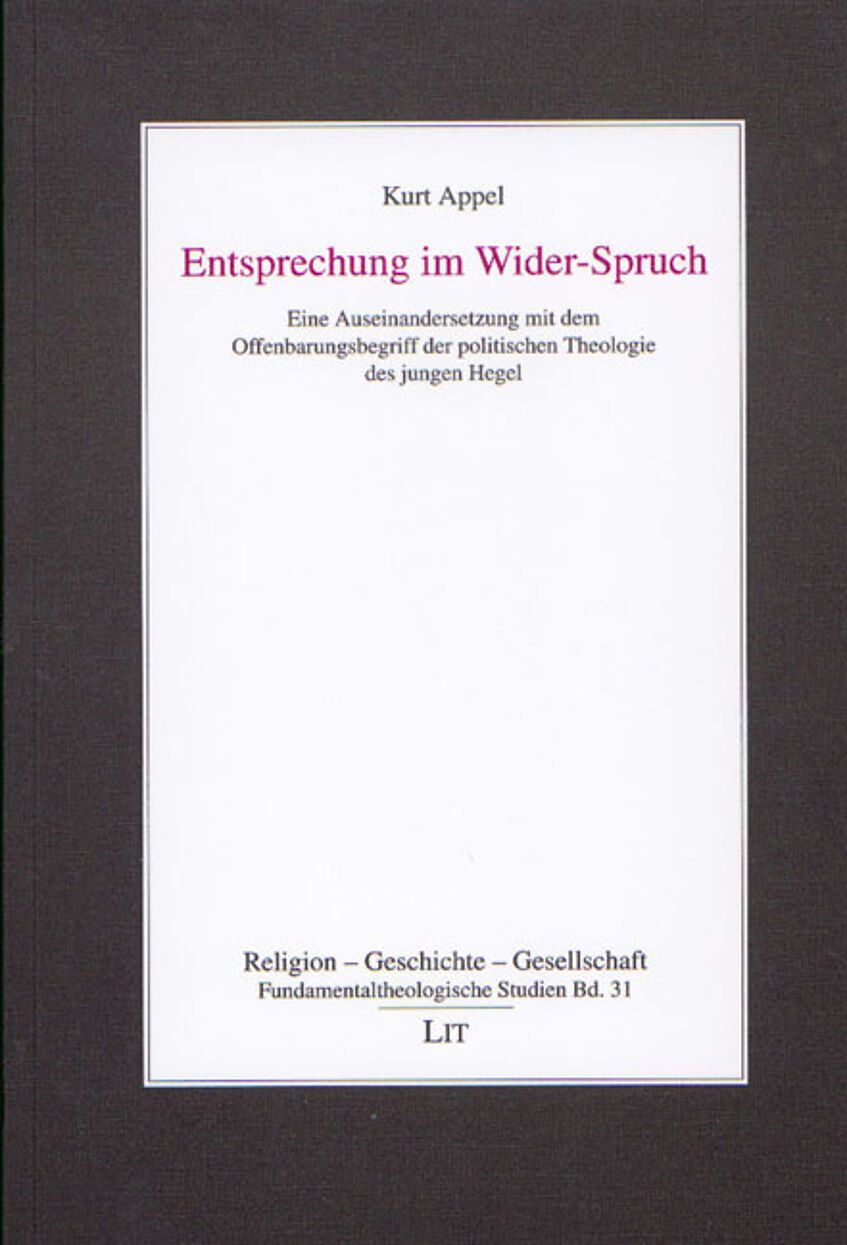
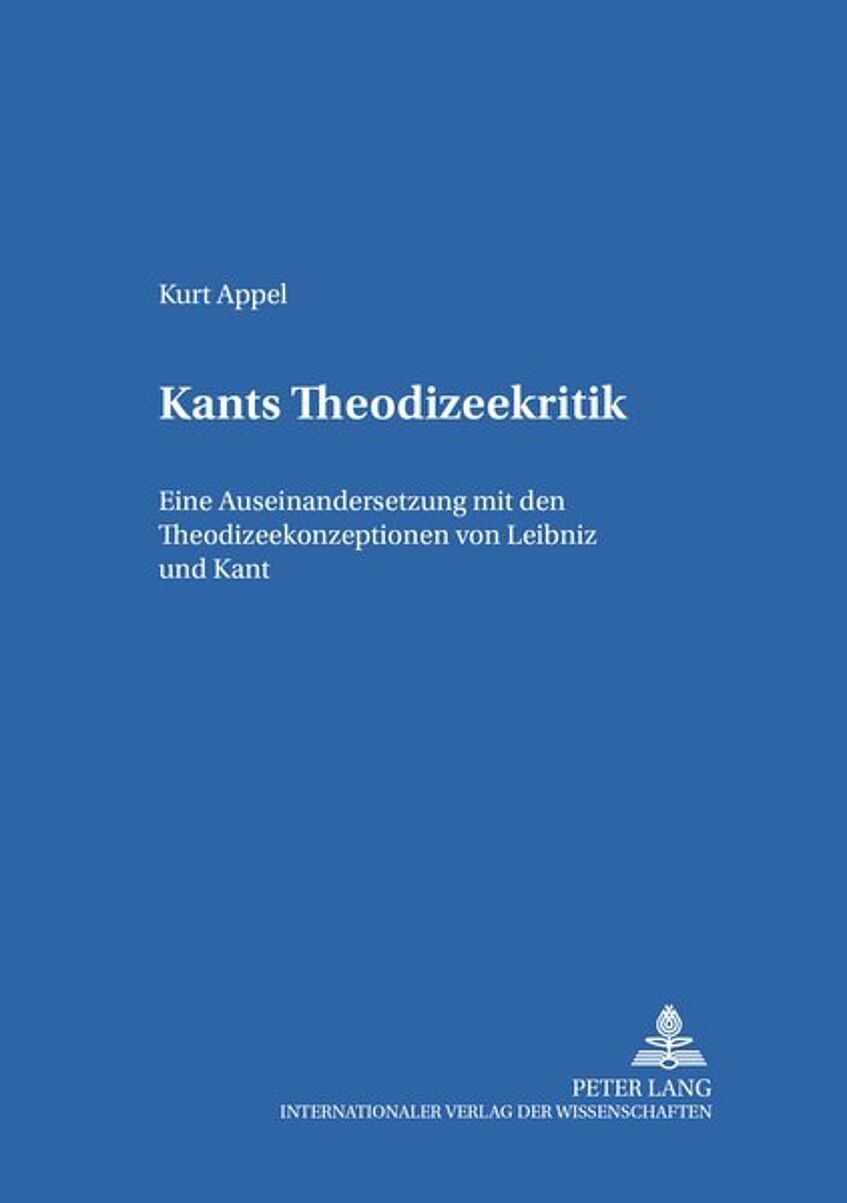
Kant's criticism of theodicy. An examination of the theodicy concepts of Leibniz and Kant
Kurt Apple
(Vienna: Univ., Diss. 2000 revised)
Peter Lang: Frankfurt [is] 2003
ISBN: 978-3-631-51672-0
The work deals with the modern question of theodicy. In a first step, an attempt is made to present the genuine content of Leibniz's philosophy, whose work became crucial for further discussion of this topic. It is shown that Leibniz's arguments can withstand empiricist and fideistic denials of a theodicy and can connect belief in the almighty and benevolent God with the phenomenon of human freedom. In a second step, the positions of Kant and Leibniz are confronted. This shows that Kant does not reject the path described by Leibniz, but rather continues it and is able to consistently locate the question of theodicy in the practice of human dealings with the world.